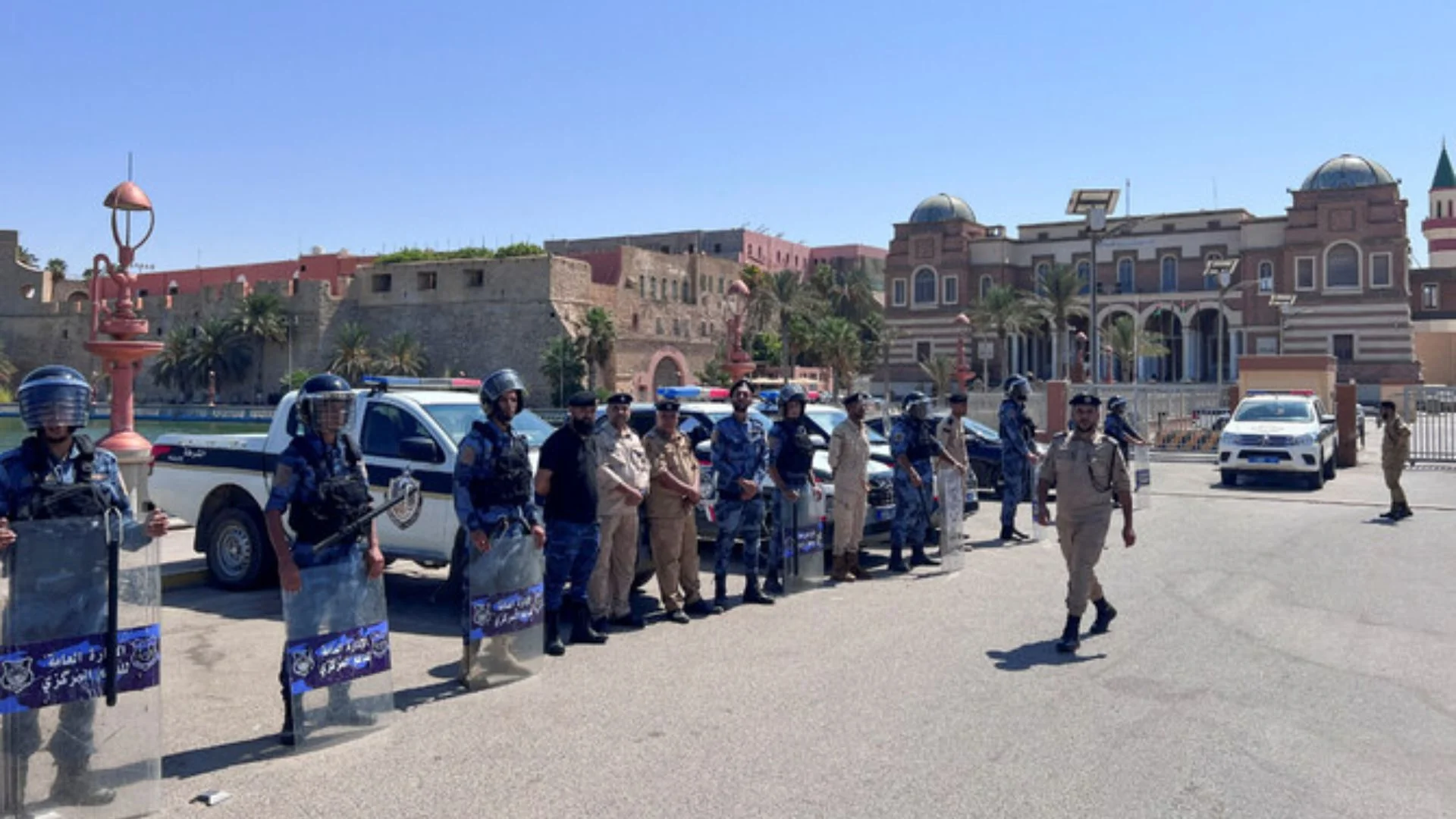US embassy in Libya has called for diplomatic efforts to resolve the escalating crisis surrounding the control of the country’s central bank, stressing that only dialogue can stabilize the nation’s fragile economy. Ambassador Richard Norland urged all parties to heed the United Nations’ call for emergency talks, warning that the ongoing power struggle over the bank’s leadership threatens Libya’s economic stability and could lead to further conflict.
Arrests and Intimidation Raise Concerns
The embassy expressed grave concerns over reports of arbitrary arrests and intimidation of central bank employees, demanding accountability for those responsible. Despite international pressure, there was no indication on Tuesday that the Tripoli-based government, led by Abdul Hamid Dbeibah, would reconsider its recent dismissal of the central bank’s long-serving governor, Sadiq al-Kabir, who has held the position for 20 years.
Kabir, who has recently criticized the Dbeibah government’s overspending, is seen as aligning with the forces in eastern Libya. In response to his ouster, the eastern administration has threatened to halt all oil production and exports until Kabir is reinstated, a move that could cripple Libya’s economy, as the affected oilfields account for about 90% of the country’s output.
Bank Leadership Dispute and Economic Fallout
Abdel Fattah Ghaffar, the new interim deputy governor appointed by the Tripoli government, held a press conference in the capital, promising to address the liquidity crisis and pay overdue salaries within days. However, Ghaffar’s ability to take control remains in question, as Kabir continues to resist handing over the necessary operational codes.
Kabir, who has led the central bank since the fall of Col. Muammar Gaddafi in 2011, warned on Tuesday that the bank might be unable to process August salaries due to ongoing threats from militias and the recent kidnapping of four staff members. He accused his opponents of illegally disrupting the bank’s operations, further deepening the crisis.
Political and Economic Instability Intensifies
Libya’s latest turmoil is rooted in nearly a decade of political division and conflict over state resources, exacerbated by the postponement of national elections since 2014. Kabir’s recent criticisms of the Tripoli government’s financial management have added to the tension, with Dbeibah denying any mismanagement or corruption.
The Libyan Presidential Council, linked to Dbeibah and headed by Mohamed al-Menfi, defended Kabir’s dismissal, arguing that it was necessary to restore the rule of law and appoint a competent governor. However, the move has been widely contested and criticized by international observers, including the British ambassador to Libya, Martin Longden, who warned against unilateral decisions that could further destabilize the country.
The man initially appointed as Kabir’s replacement, Mohamed al-Shukri, has declined the role unless his appointment is approved by the eastern-based House of Representatives, citing his unwillingness to contribute to the ongoing chaos. Meanwhile, the international community, including the IMF, remains concerned about the central bank’s lack of accountability but opposes the manner of Kabir’s removal, fearing it could derail efforts to unify Libya’s financial institutions.







